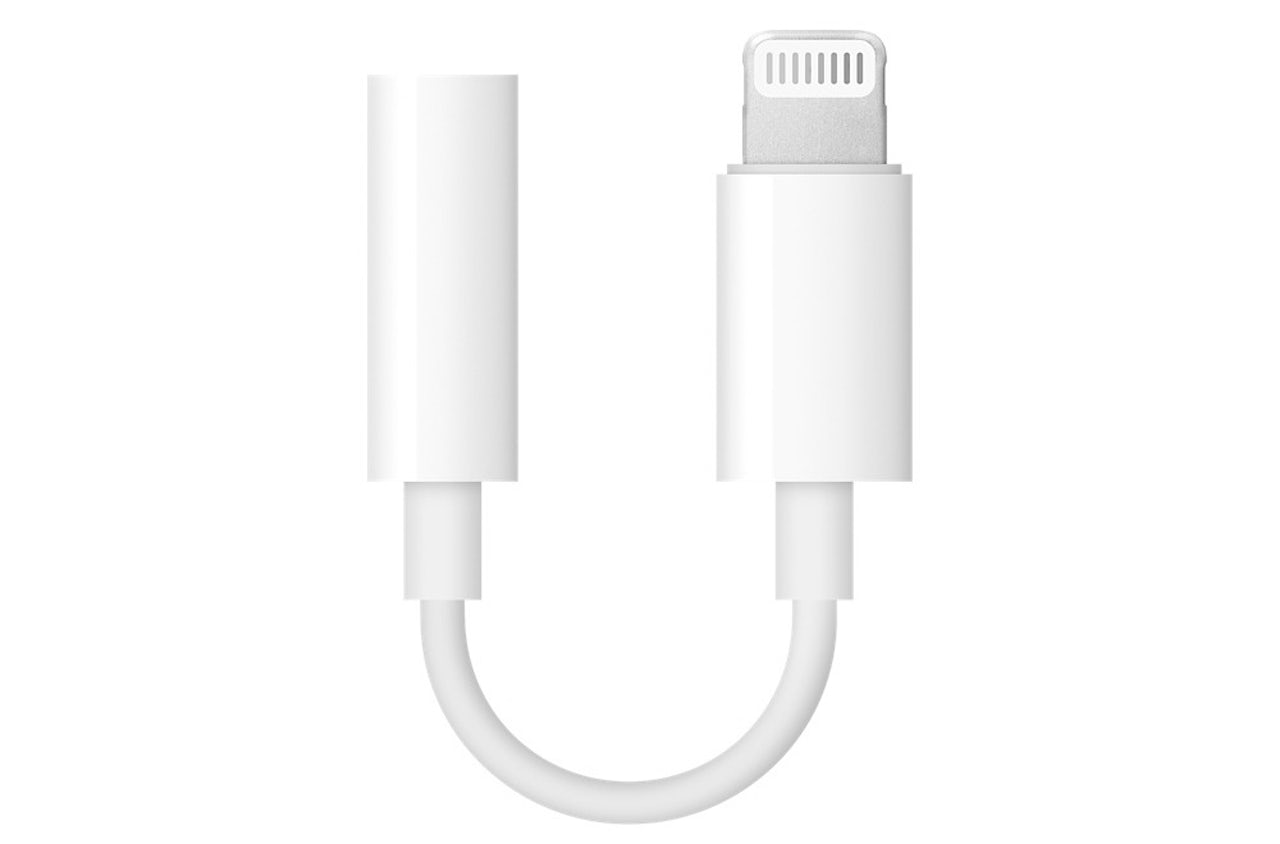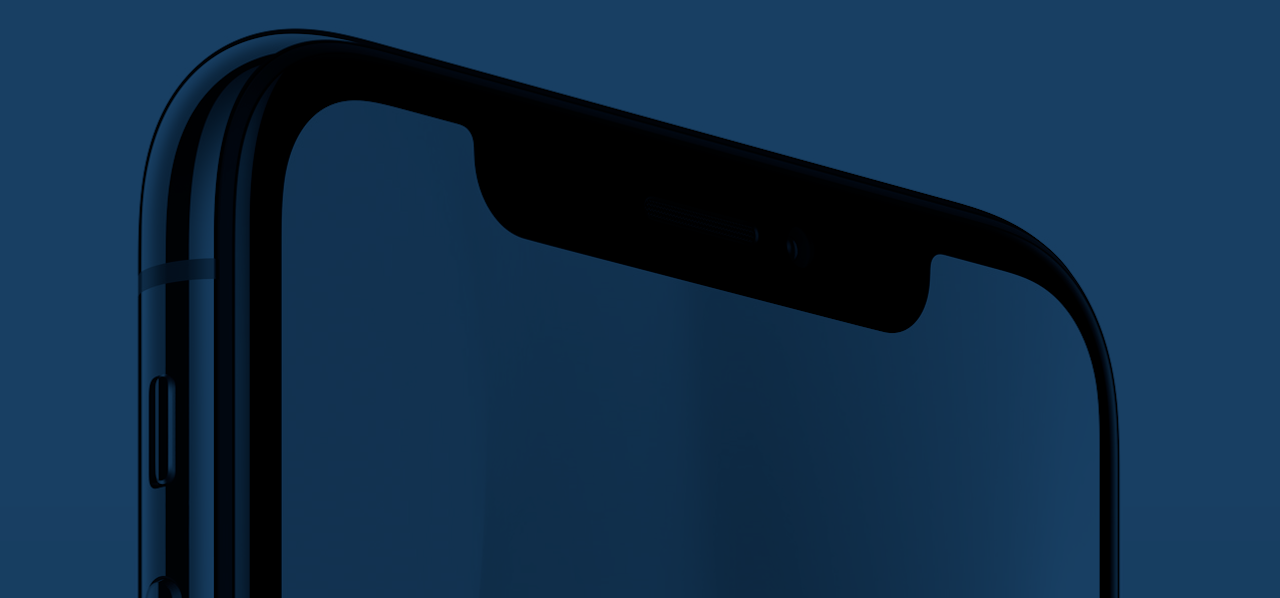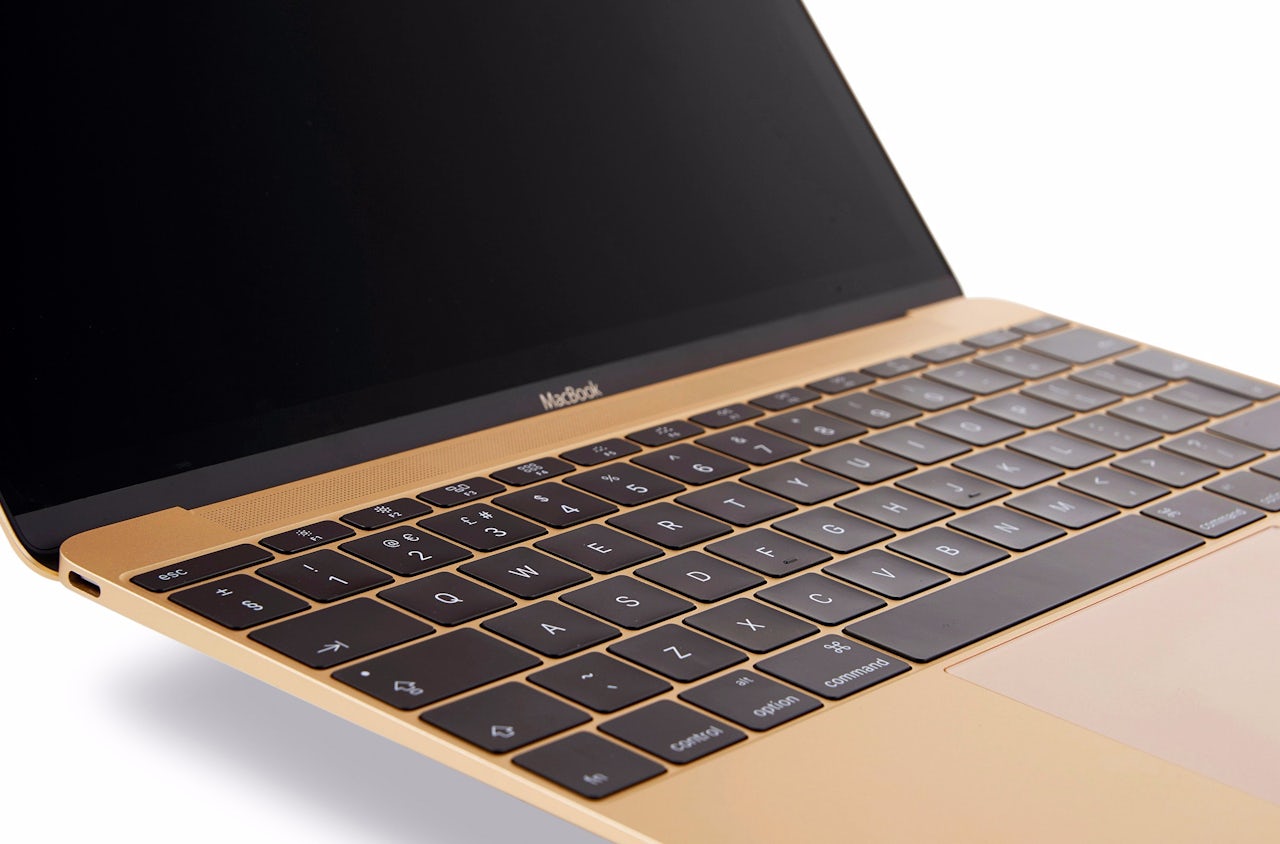The same four thoughts occur to me every time I walk into an Apple store: There are too many people who work here. The new iPhones look expensive. There is far too much pinewood. Remember how Radio Shack used to sell a bunch of remote-control boats, for some reason? An employee came up to me in a green shirt with a small white Apple logo on it, wearing pants and shoes that said: Yeah, they let us wear whatever kind of pants and shoes we want here. He asked me how I was doing today. “I need a new one,” I said, holding up the broken dongle I’d come to return.
It is awful, this interrupted piece of ghost spaghetti, this limp aberration of tech. It and its clones — several of which I, yes, have already lost — form a vast cloud of anger, a fury in my chest. The continued existence of the dongle is a feeling so loathsome within me, an apathetic capitulation to power and bondage to a company who has made complicated something simple I have loved doing for years: walking around and listening to music on my headphones.
The purity of music in headphones has, of course, always been tied to a company. I don’t mean to suggest that there is a primordial mana pool from which the pleasure of walking around and listening to music once derived. Humans have been going mobile with tunes since 1980 when Sony’s Walkman made Steely Dan’s masterful jazz-rock album Gaucho finally portable. Like the egg-shell earbuds of Apple, Sony also had its own aesthetic: two orange mushroom caps connected above the head with a thin metal wire, which then plugged into a small socket on the side of the device that no one gave a second thought about.
Sony had the device, but not the headphone hole. Who cared about the hole? There was no patent on the hole; no one could possibly own a hole. And so it was with all portable listening devices, from the Discman to the MiniDisc to the iPad to the Pono — you simply plugged in your headphones without any sort of commercial transaction, like an electrical socket. (I’m assuming Nikola Tesla isn’t getting residuals every time I plug in my iron.)
After one year, this was my third dongle that has needed to be returned, not counting the two I have lost. Two of them started having problems with distorting the audio; one just stopped working altogether.
Then, in January of 2016, Apple muscled into the market and planned the obsolescence of the headphone jack because that’s what they do. The company destroyed the 3 1/2-inch floppy disc drive when file sizes were outpacing storage capacity; they replaced the old, many-pinned iPod connector with the Lightning port, hilariously ruining the cheap hotel’s newly updated clock radio. Their mission is an ambient Manifest Destiny, meant to replace things you take for granted. Apple rightfully assumed people would simply adjust to a new plug because they owned such a large piece of the market share. How obvious, it seemed, that the very connection between user and device wasn’t yet owned by the company, but that proprietary technology could swiftly remedy this corporate injustice. A few patents later, and Apple now possessed the literal port that bonds me to my phone.
You ever look at righteous online anger from two years ago? It’s pathetic. Nothing fossilizes into an awkward pose more than a post stating we should do something while nothing has been done. Of course, 300,000 people signed some useless petition telling Apple that they should not remove the headphone jack. Nilay Patel at The Verge wrote a vituperative listicle that summed it all up. John Paczkowski at Buzzfeed profiled Apple VP Greg Joswiak about the whole thing. “It’s a dinosaur,” Joswiak said of the headphone jack. “It’s time to move on.” There was great pounding of fists which gave way, eventually, to a great shrugging of shoulders. This was bad, but look: The new phone came with a headphone adaptor and earbuds that already had the Lightning connector. Plus, more people are using Bluetooth now anyway. Surely, this uproar about the erasure of the dusty headphone jack was just the last hue and cry of a luddite.
After one year, this was my third dongle that has needed to be returned, not counting the two I have lost. Two of them started having problems with distorting the audio; one just stopped working altogether. I ask myself, Why don’t you get the wireless buds? Well, Bluetooth audio is not that great, and I prefer the same fidelity that has been provided for over one-hundred years by a public technology. Steely Dan deserves this at least, and I would just like to use the nice headphones that I already own. I ask myself, Why don’t you get an Android phone, to which I reply: I’m not turning my texts green.
As such, I wandered into a commercial maze of abjectly humiliating decisions: change my brand loyalty; wear those wireless earbuds; face the rictus smile of Apple as they replace this problem they created. So there I stood returning another dongle, mad at myself for not exacting change in the world, holding a broken, milquetoast apology in the palm of my hand. They build Apple stores to look like a gift shop and a museum at the same time. There is so much empty space to step back and appreciate the devices. Go ahead and touch the art; you can even buy it. There was a guy at the front of the Apple store giving a public demo on a synthesizer to one person sitting on a pinewood cube. Neither of them seemed interested.
The employee in the green shirt and pants and shoes took my broken dongle. “No problem, I can do that for you.” Is it no problem, mother fucker? It’s been two years, and people are still dragging themselves to Apple stores to shamefully ask for a literal tether to the past. Two years of adapting to a company’s whims to save a few millimeters of real estate inside the phone so we can make room for technology that allows us to take better-shitty pictures of ourselves, in the hopes that others notice.
“At some point, we’re all going to look back at the furor over the headphone jack and wonder what the big deal was.”
While the guy walked away with an iPod attached to his arm like one of those Velcro-catch tennis ball games, I imagined hurdling over the pinewood cubes and grabbing the microphone from the schlub forced to do a GarageBand demo at 6:20 p.m. on a Tuesday. With no feedback and such alacrity, I would declare the dongle to be an icon of corporate servitude. A symphony would strike up behind me. A shoal of people would crowd the doorway, looky-loos and passersby, while my Marcusian polemic raged on. Sweat would drip from my balding forehead and onto the antiseptic floor; security would be rapt with attention.
“No more will we be beholden to this proprietary jack!” A sea of proletarians would overrun the mall, as far as the eye can see, a giant organism of a revolution against Apple and its pathetic dongle. We’d rebuke a future of hyper-corporate subsidization and cyclical corporate fealty and remand ourselves to the public sphere of simple technology, the humble 1/8th-inch jack not in need of hacking or upgrade, into which we plug our long-owned headphones and walk around and listen to music. “And we should be able to check out some cool remote-control boats if we want!” The roars would be deafening.
But no. The guy came back with a new dongle. “Here you go,” he said. He was really nice about it. It was free, after all, so what did I really have to complain about? I chose this because I’m vain and wanted to upgrade my phone (it was a better camera). What was going to change? I realized the layer below the anger — rooted in the shoddy, useless, ineffective Band-Aid Apple provides to silence critics over its invasion of public space with its Lightning cable — was shame. That’s what this all is. That is Dongle’s legacy — the embarrassment that derives from anger and vanity and hyper-capitalism.
“At some point,” Joswiak told Buzzfeed two years ago, “we’re all going to look back at the furor over the headphone jack and wonder what the big deal was.” He’s right; it’s not a big deal. It’s just Dongle. This is what power does to those without. They want their company to be either become normal or just barely irritating that to complain about it would seem silly. Dongle is death by a thousand free cuts — luckily I’m only on my sixth.
Correction: A previous version of this story cited the incorrect size of a floppy disk.



